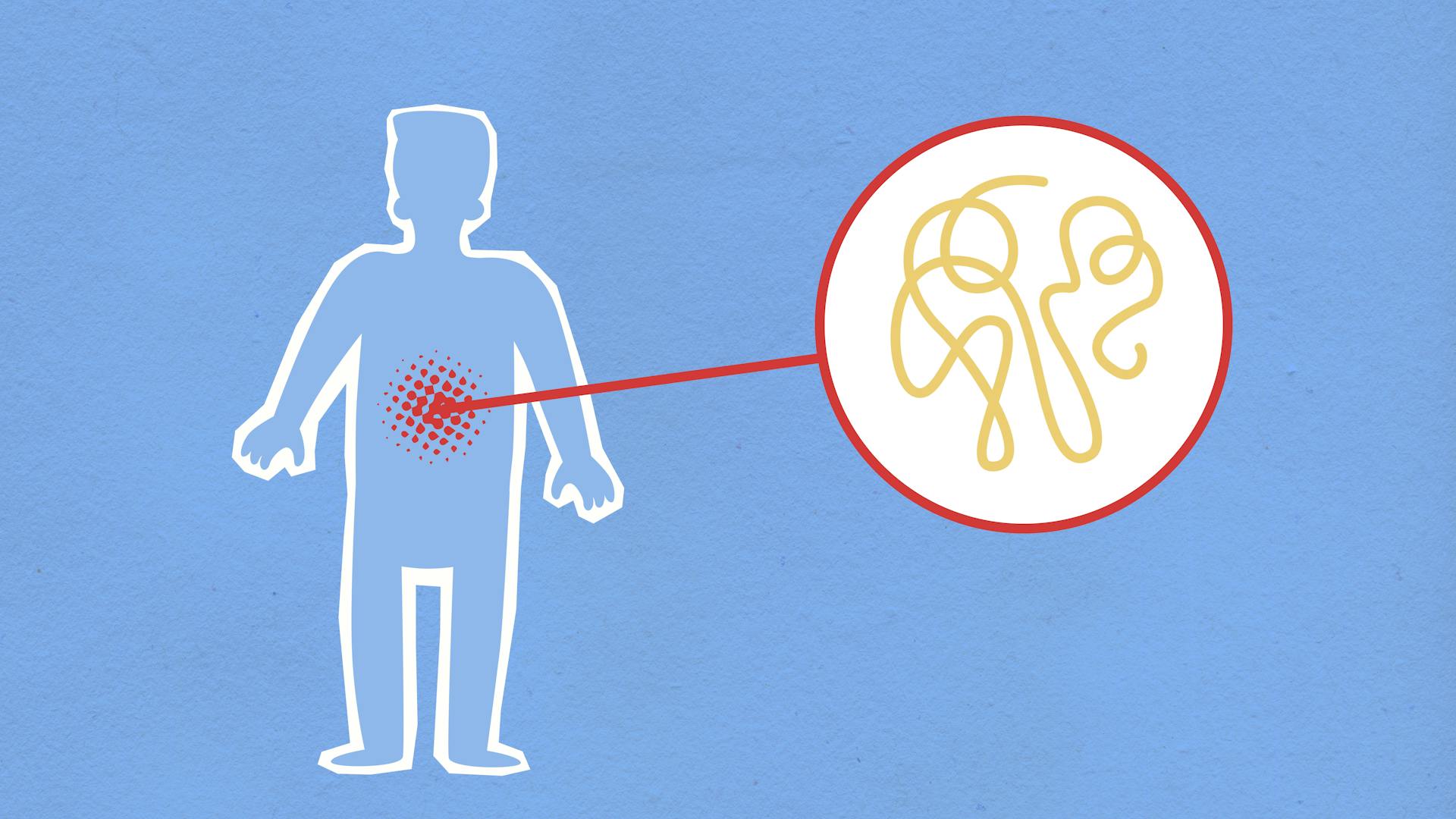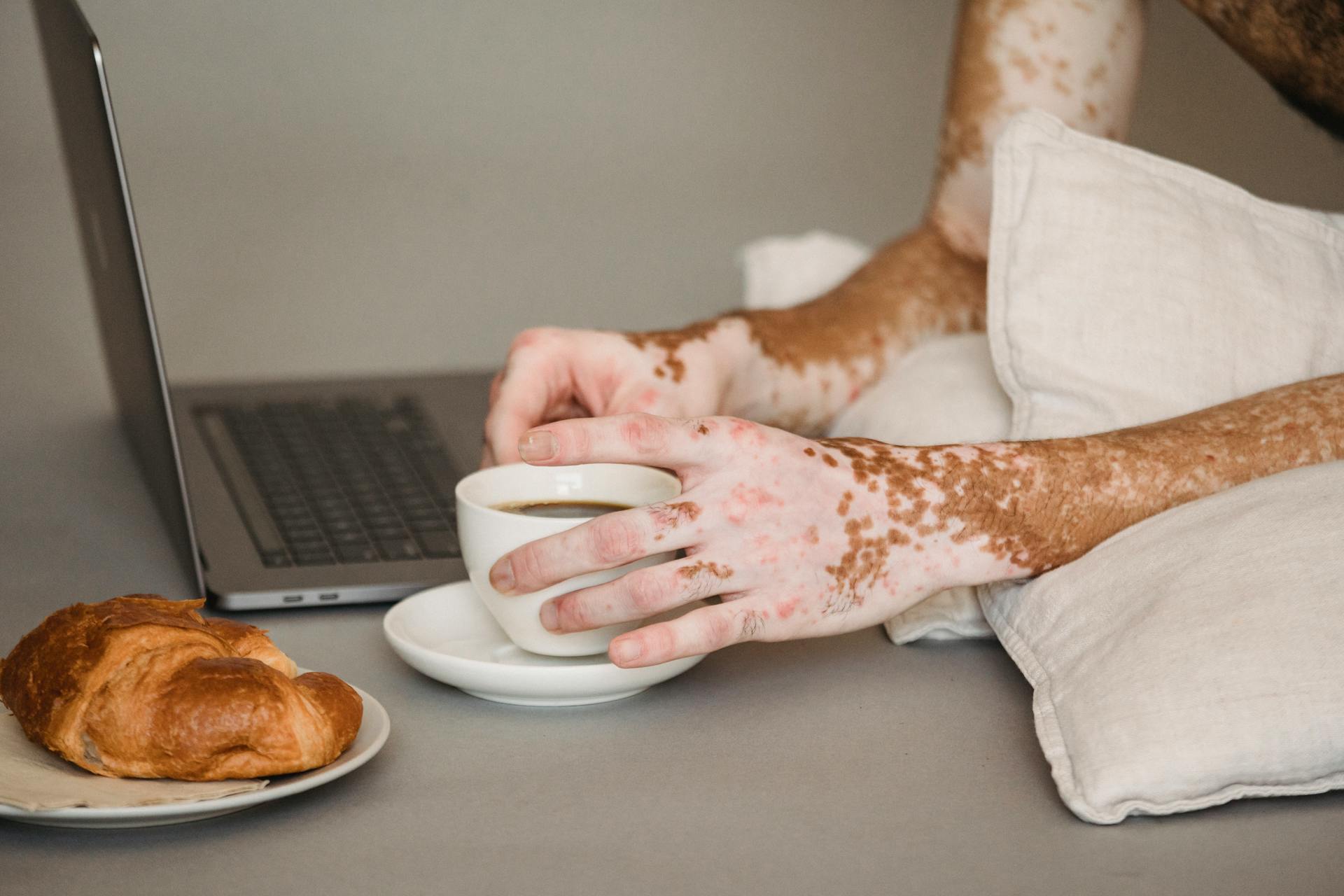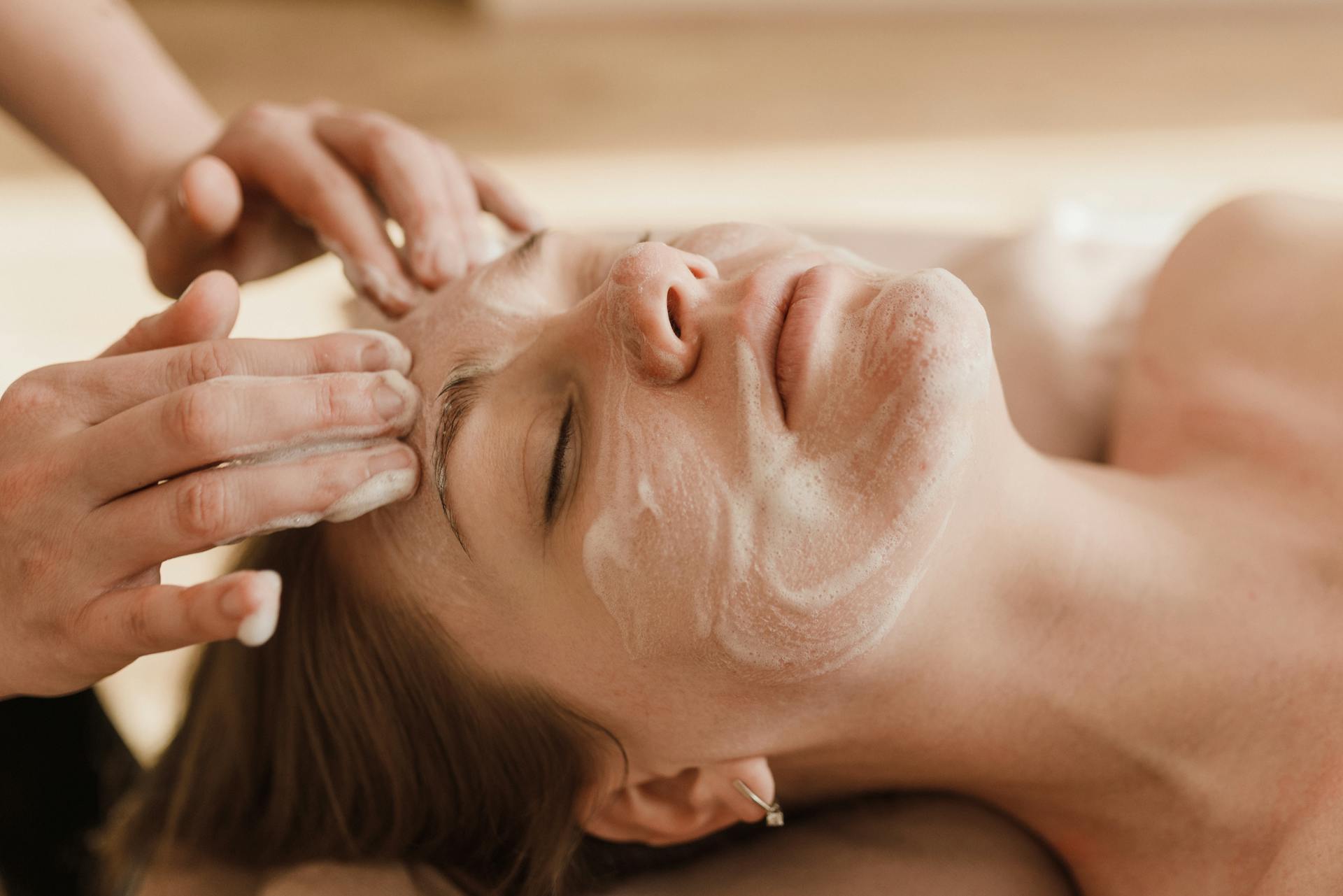
Psoriatic arthritis joint care is a crucial aspect of managing this chronic inflammatory condition that affects millions of people worldwide. Psoriasis, which causes scaly patches on the skin, can also trigger inflammation in the joints, leading to pain, stiffness, and swelling. While it can affect any joint in the body, certain locations are more commonly affected than others.
The joints most commonly affected by psoriatic arthritis are those in the fingers and toes. These small joints can become tender and painful, making it difficult to perform everyday tasks such as typing or gripping objects. Other joints that may be affected include those in the spine, hips, knees, and ankles. In some cases, psoriatic arthritis can also cause inflammation in tendons and ligaments around the joints.
Improving Your Way of Life with Natural Home Remedies

Psoriatic arthritis joint care involves finding natural home remedies to reduce pain and increase mobility. Joints changing due to psoriatic arthritis can make everyday tasks difficult, such as opening jars or lifting heavy objects. Simple tools like jar openers can help with these tasks, while push doors openers reduce strain on the joints.
Maintaining a healthy weight is crucial for psoriatic arthritis joint care, as excess weight puts pressure on the joints leading to reduced mobility and increased pain. Losing weight can be achieved through exercise regularly; exercise that keeps the joints flexible and muscles strong types include biking, swimming, walking, yoga, and tai chi. Moreover, stop smoking because it puts you at higher risk of developing psoriasis which leads to more-severe symptoms.
Limiting alcohol consumption is another important aspect of psoriatic arthritis joint care; drinking too much alcohol can increase side effects of medications work. Battling pain with arthritis medications alone may not be enough. Exercise in short segments throughout the day to find times when you are not tired from other work activities. By implementing these natural home remedies into your daily routine, you can improve your way of life by having increased energy and reduced pain caused by psoriatic arthritis joint care.
1. More Information
Psoriatic arthritis is a type of arthritis that affects people with psoriasis. It can cause joint pain and swelling, stiffness, and fatigue, making it difficult to carry out daily activities. There are several ways to manage psoriatic arthritis symptoms such as maintaining a healthy weight, managing stress, avoiding triggers that worsen symptoms, and taking medications as prescribed.
In addition to these measures, there are intimacy tips for couples affected by psoriatic arthritis, cold weather skin care tips for those experiencing psoriatic arthritis flare-ups during the winter months, and techniques for managing psoriatic arthritis pain. By adopting a comprehensive approach to psoriatic arthritis joint care, individuals can improve their quality of life and minimize the impact of this condition on their daily routine.
What Are The Symptoms Of Psoriatic Arthritis In A Child
Psoriatic arthritis is a type of arthritis that affects people with the skin condition psoriasis. It causes inflamed, swollen, and painful joints. Children with psoriatic arthritis may have symptoms such as morning stiffness, reddened skin around affected joints, and sausage-like swelling in fingers or toes. Psoriatic arthritis can also cause eye pain and chronic inflammation in the sacroiliac joint.
The symptoms of psoriatic arthritis can vary from child to child. Some children may experience only mild symptoms, while others may have severe pain and deformed joints. The disease can affect any joint in the body, but it is most commonly found in the knees, elbows, scalp, face, and wrists.
If your child has psoriasis or a family history of psoriasis or arthritis psoriasis, it's important to pay attention to your child's symptoms. Early diagnosis and treatment can prevent long-term damage to joints and improve your child's quality of life. If you notice any signs of psoriatic arthritis in your child, talk to their healthcare provider for an accurate diagnosis and appropriate treatment plan.
Are You Susceptible to Psoriatic Arthritis? Find Out Now!

Psoriasis affects 2-3 percent of the world's population, approximately 7 million people, and about 30 percent of them will develop psoriatic arthritis. Psoriatic arthritis occurs when the immune system attacks healthy cells and tissue in the body, leading to joint pain and swelling. Age is not a determining factor for developing psoriatic arthritis as it affects men and women equally, but having a family history of psoriasis or psoriatic arthritis increases your risk.
Psoriasis appears in children as well, and those with the condition have a greater risk of developing psoriatic arthritis later in life. The typical age for onset is between 30-50 years old, but there is also juvenile onset which can occur as early as 9-11 years old. If you have psoriasis or a family history of it, it's important to check for any side effects from medications you may be taking to treat it.
Common psoriatic arthritis symptoms include stiffness in joints after sitting or lying down for extended periods, swollen fingers/toes that appear sausage-like, lower back pain/soreness, changes in nails like pitting/ridges/separating from nail bed. If you suspect you may have psoriatic arthritis, speak with your doctor about getting tested so they can diagnose and treat it properly. There are many effective options for managing symptoms such as physical therapy exercises, lifestyle changes like weight loss or quitting smoking, nonsteroidal anti-inflammatory drugs (NSAIDs), or disease-modifying antirheumatic drugs (DMARDs).
The Mystery of Autoimmune Disease Unraveled

Autoimmune diseases refer to conditions where the body's natural defense system mistakenly attacks normal cells instead of foreign cells causing a wide range of symptoms depending on the type of autoimmune disease. There are over 80 types of autoimmune diseases affecting various body parts, and each has its own classification criteria. One such autoimmune disease is psoriatic arthritis, which is a type of spondyloarthritis that affects the joints and skin.
The onset of psoriatic arthritis is unknown, but it typically begins between the ages of 30 and 50, with younger individuals experiencing more severe symptoms. The inflammatory back pain typically lasts for more than three months and feels worse with rest compared to mechanical back pain seen in older individuals. Increased pain in the lower back muscles, tendons, ligaments, discs, and joints are common symptoms.
It's essential to treat arthritis early to prevent further joint damage. Rheumatoid arthritis drugs can help reduce inflammation and slow down joint damage while improving physical function. In addition, maintaining a healthy weight by exercising regularly can also relieve joint pain associated with psoriatic arthritis. With proper care and management, people living with psoriatic arthritis can lead healthy lives.
Important Facts to Know About Kids with Psoriatic Arthritis
Psoriatic arthritis is a rare form of arthritis that affects both joints and skin. It usually manifests as joint inflammation and painful joints, accompanied by the skin disease psoriasis. While this condition is more commonly seen in adults ages 30 and up, it can also affect children.
If left untreated, psoriatic arthritis can lead to long-term disability. This makes early treatment critical in managing symptoms and preventing complications down the line. Treatment options include medicines, heat or cold therapy, splints, exercise, and physical therapy.
In addition to joint pain and inflammation, children with psoriatic arthritis may experience eye pain and other vision problems. As with any medical condition, it's important to seek prompt treatment for psoriatic arthritis to potentially achieve remission. Delayed treatment could mean longer periods of chronic pain and more severe symptoms over time.
How to Deal with Stressful Situations and Find Support
Living with psoriatic arthritis can be tough, especially when dealing with painful flare-ups and joint stiffness. However, finding people support groups can make a tremendous difference in managing stress levels. It's also important to devise coping strategies, such as practicing mindfulness or engaging in low-impact exercises like yoga or swimming, to help manage the emotional toll of psoriatic arthritis.
Recognizing Inflammation in Your Hips with PSA

If you're experiencing stiffness or soreness in your hip joint, it could be a sign of psoriatic arthritis (PSA). According to Dr. Vlad, an assistant professor at Tufts University Medical School, PSA is one of the many inflammatory arthritis conditions that can affect the hip joint. The typical hallmark of PSA is joint pain that's worse in the morning and improves as you start moving.
So, how do you know if you have PSA? Dr. Bekele advises paying attention to the symptoms you'll feel when you've woken up a few hours ago. If you find yourself struggling to get out of bed due to hip joint pain and stiffness, it's time to talk to your primary doctor. They'll likely recommend imaging tests to confirm if there's any inflammation present in your hip joint.
A caveat: things may not always be so clear-cut. Sometimes, hip joint pain can be caused by other conditions like osteoarthritis or bursitis. However, if these symptoms make it difficult for you to perform daily activities, don't hesitate to seek medical attention. With proper care and treatment, your hip joints can stay healthy and happy for years to come!
Frequently Asked Questions
Is psoriatic arthritis the same as rheumatoid arthritis?
No, psoriatic arthritis is not the same as rheumatoid arthritis. While both are forms of inflammatory arthritis that can cause joint pain and stiffness, they have different underlying causes and symptoms.
How to stop suffering from arthritis pain?
Regular exercise, a healthy diet, maintaining a healthy weight and managing stress can help reduce arthritis pain. You can also take over-the-counter pain medication or use hot or cold therapy to alleviate symptoms. Consult with your doctor for personalized treatment options.
How does psoriatic arthritis affect the body?
Psoriatic arthritis is a chronic autoimmune disease that affects the joints and skin. It causes inflammation, pain, stiffness, and swelling in the affected areas, which can lead to joint damage and disability if left untreated.
What are some alternative remedies for psoriatic arthritis?
Some alternative remedies for psoriatic arthritis include acupuncture, dietary changes, exercise, and supplements such as omega-3 fatty acids and turmeric. However, it is important to consult with a healthcare provider before trying any new treatments.
Can a splint help your psoriatic arthritis?
Yes, wearing a splint can help alleviate psoriatic arthritis symptoms by reducing joint pain and inflammation, providing support and stability to the affected area. Consult with your doctor to determine if a splint is right for you.
Featured Images: pexels.com


